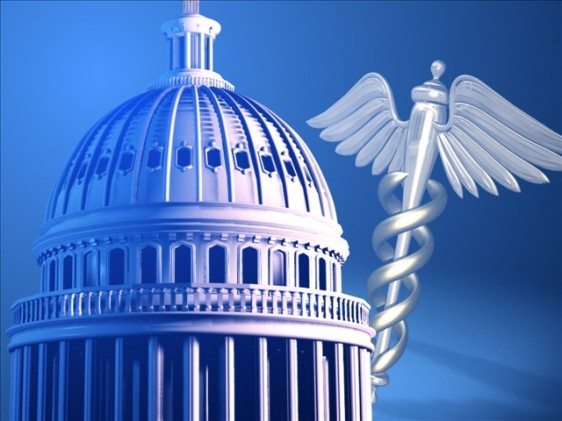
Paying Medical Bills
If you don’t pay a medical bill, different things will happen to different people in different situations and in different locations. With over 40 million Americans saddled with medical debt and one out of every five individual’s credit reports’ reflecting at least one medical bill in collections, the cost of health care is obviously overwhelming for many Americans. The rising costs of health care, the lack of access to it, and the shaky political environment that may negatively impact most individual’s health care costs, have many people fearful about the future of their ability to afford and have access to good health care.
Late Fees and Interest
You may be subject to late fees and/or interest if you do not pay a medical bill but be aware that many states prohibit late fees or charging interest rates beyond a certain level. If you live in a state that allows medical bills to be charged late fees and/or interest, this should be stated in your terms of service upfront. Make sure to read all the paperwork that you get before you sign papers agreeing to costly medical treatment.
Collections
Regardless of whether or not you live in a state that allows for medical bills to be assessed late fees and interest, if you start to carry a medical debt and do not show signs of paying it off or make efforts to inform the provider of your intentions to do so, they may send your debt to a debt collections agency. This can have real and lasting negative consequences on your fiscal record, including lowering your credit score.
Once an unpaid bill has gone into collections, it may be to your advantage that it is here, depending on yyourcollection agencies do not report new debts to credit agencies until the debtor fails to respond within 30 days of receiving notice. If you are in position to pay any one debt off at that moment or within a certain amount of time, you can try to negotiate getting that amount of the your debt reduced. Collection agencies can afford to do this because when they buy a debt from a medical provider or facility, they buy it for a fraction of the original cost of the debt. Depending on what they bought the debt for, if they give you even a 25% discount, they could still be making a 60%, 70%, 80% profit.
While it is not recommended to let you debts go into collections, if they do, definitely try to negotiate. You may wind up being able to pay less or on a more reasonable time schedule than the one that was originally set out in your delinquent medical bill.
Lawsuits and Judgements
If a collections agency is not able to get any money from you, they may decide to take legal action that could result in a lawsuit and subsequent judgement against you.
If you have medical bills, it is important to stay informed of new health care bill facts and how things like not paying your medical bills will affect you now and in the future.
Stay abreast of health care reform news with New Health Care Bill Facts.
